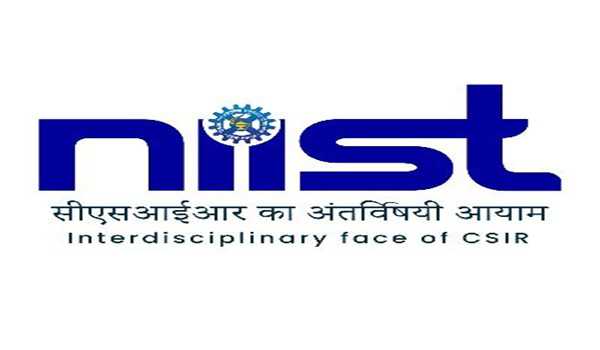
Thiruvananthapuram, Nov 24: “Rising toxic wastes call for all-India mitigation project,” says workshop at CSIR-National Institute for Interdisciplinary Science & Technology (NIIST) in Thiruvananthapuram
Thiruvananthapuram, Nov 24: The long-lasting toxic effect of POPs (Persistent Organic Pollutants) called for an all-India mitigation project even as waste could be used as a resource based on eco-sustainable practices, according to a national workshop here.
The latest technologies must be aligned with collective wisdom, while authorities should hold detailed discussions towards prospective collaborations for effective strategies to contain POP emissions, speakers said at the event held at the CSIR-National Institute for Interdisciplinary Science & Technology (NIIST) here on Thursday.
‘Review and Update of National Strategies for Persistent Organic Pollutants Management’ was the topic of the workshop.
Padma Prof Sharad P. Kale, former scientist at BARC Mumbai, highlighted the need to consider waste management as “individual responsibility”, detailing the environmental impact of daily human activities. “We must view waste as a resource and make use of it,” he noted in his special address, stressing the importance of sustainable practices.
CSIR-NIIST Director Dr C Anandharamakrishnan, in his presidential address, focused on the role of the institute in formulating the national implementation plan, and underscored its unique contributions.
Kerala State Pollution Control Board Chairman Dr K.P. Sudheer, who was the chief guest at the event, explained the toxic nature of POPs and their capacity to serve negative effects on a prolonged basis, which necessitates its mitigation at the national level.
Dr Sudheer, who is also Executive Vice President of Kerala State Council for State Technology and Environment, urged for a close association between “latest technologies and collective wisdom”. Detailed discussions and collaboration alone can formulate effective and sustainable strategies to check POP emissions, he added.
Central Pollution Control Board (Bangalore Zonal Centre) Director Shri J. Chandrababu focused on ways to develop infrastructure for solid-waste management systems. Speaking as the guest of honour, he provided an overview of the current status of pollution control efforts in the country.
CSIR-National Environmental Engineering Research Institute Principal Scientist Dr A. Ramesh Kumar, who is a Project Coordinator of GEF-UNEP, cautioned against an increasing generation of POPs, stressing the need for stronger public awareness about POPs and the ways to reduce them. He gave an overview of India’s active participation in the Stockholm Convention for two decades now to carry forward the international environmental treaty besides the government’s pollutant-restricting efforts under the National Implementation Plan (NIP).
Dr Sukumar Devotta, former director of CSIR-NEERI, delivered the felicitation address. CSIR-NIIST Head (Environmental Toxicology Division) Dr C. Kesavachandran welcomed the gathering, while the institute’s Senior Scientist Dr. K. P. Prathish proposed thanks.
The workshop also discussed scope, challenge, and data requirements for the Stockholm Convention on POPs and biomedical waste management scenarios in India, besides taking an overview of the Montreal Protocol.
Also, a separate session on sources and national inventorisation strategies for poly/perfluorinated alkyl compounds and the scope and strategies for minimisation of unintentional POPs emissions in the Indian scenario was held as part of the workshop.
The workshop was held as part of a project funded by GEF-UNEP on the review and update of the NIP for the Stockholm Convention for POPs in India. The Stockholm Convention, established in 2001 and enacted in 2004, targets persistent organic pollutants (POPs which include DDT, endosulfan, dioxins and furans) which are resilient, besides bioaccumulative chemicals with adverse environmental and health impacts.
CSIR-NIIST is a leader in R&D programs in agro-processing and technology, chemical sciences and technology, materials science and technology, microbial processing and technology, and environmental technology. The 1975-founded institute established the country’s first dedicated dioxin research laboratory and aided India’s commitments to the Stockholm Convention on POPs in the first NIP period (2007–10).








